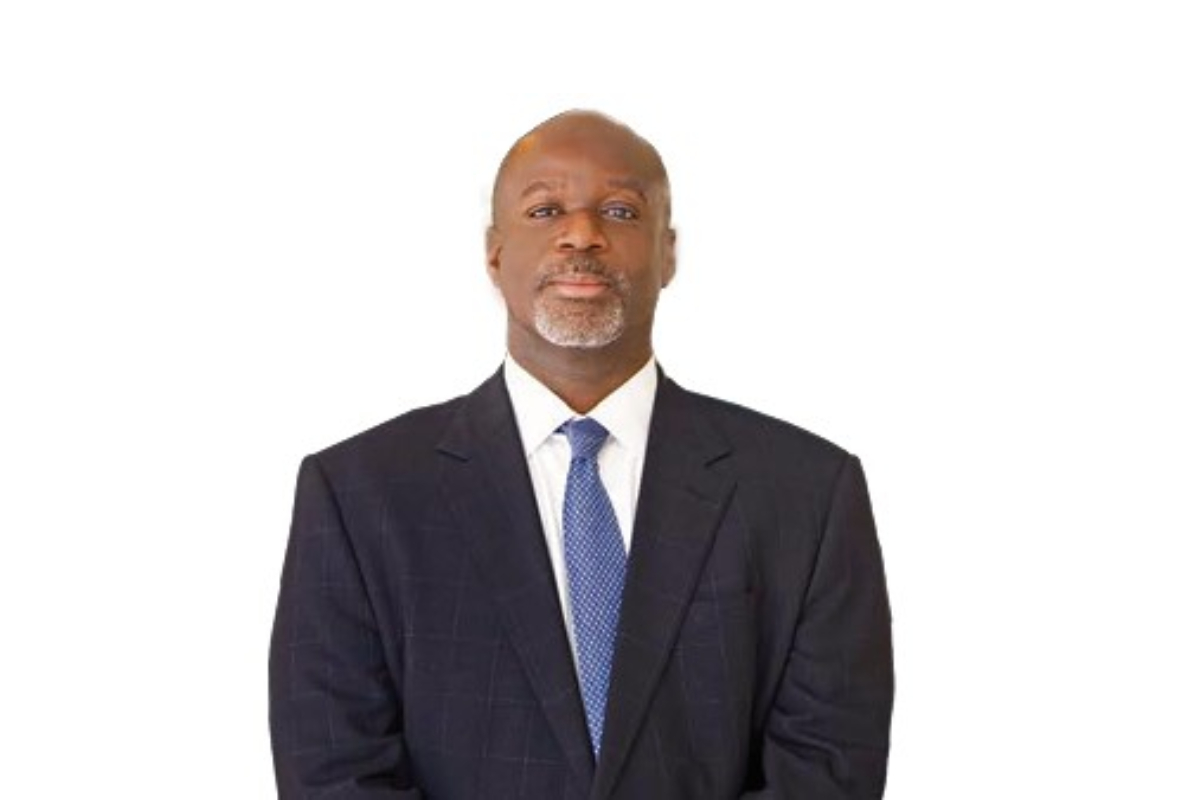The cultural tides of the workplace have arguably shifted more in the last couple of years than ever before. From the global pandemic and the climate crisis to social discord – and by extension, social discourse – there are many external elements that have contributed to an overall evolution of people’s relationships to their jobs and their companies. Any entrepreneurial leader would therefore be remiss not to heed the signs of the times when it comes to their bottom line.
In response to these shifting tides, many companies are now adopting a triple bottom line agenda. First coined in 1994 by John Elkington, renowned entrepreneur, author, and business advisor, the term” triple bottom line” refers to the sustainability framework by which a company measures its success through an examination of its social and environmental impact, in addition to its financial performance. In other words, the time has come for businesses that currently operate on a profit-only foundation to update their operational infrastructures.
The reality now is that people want more from the companies and businesses they work for and support. In addition to a paycheque, a product, or a service, people are looking for actionable, affirmative change and contributions toward society that coincide with their daily roles as producers and consumers. The adoption of a triple bottom line framework would consequently ensure that all boxes are ticked when it comes to both employee and customer satisfaction.
Here are some companies that have found success in achieving the triple bottom line — and how they did it.
Patagonia: An Advocate for Its People
Outdoor retailer Patagonia is one of the foremost companies that continually invest in their employees. In addition to being a founding member of the Fair Labor Association and ensuring the security and fair treatment of its workers across the supply chain, Patagonia also covers its employees’ healthcare expenses by 100 per cent and houses child-care centres in its offices. Additionally, employees are empowered to set their own hours and encouraged to spend evenings and weekends at home with friends, family, and loved ones. In fact, Patagonia famously locks its doors every day at 8:00 P.M. and on weekends to ensure that nobody works too late.
Patagonia’s” for the people” mentality isn’t surprising, especially when you consider that its founder, Yvon Chouinard, published a book titled Let My People Go Surfing. Part-memoir and part-entrepreneurial handbook, the title of Chouinard’s book is a literal representation of the ways in which Patagonia enriches the lives of its employees.
For Chouinard, employee engagement has always been foundational in Patagonia’s success. As a billion-dollar company with very low employee turnover, Patagonia’s longevity is proof that there is power and profit in inspiring and taking care of your employees.
TELUS: Creating a Sustainable Future
In April 2021, TELUS was named one of Canada’s Top 100 Greenest Employers, in recognition for their achievement and leadership in, and renewed commitment to, building a sustainable future. In their 2020 Sustainability Report, the communications company outlined several environmental, social, and governance plans and priorities – in order to reduce their carbon footprint and ultimately minimize their negative impact on our planet. This included a commitment to procuring 100 per cent electricity requirements from renewable or low-emitting sources by 2025, and achieving 100 per cent net-zero carbon neutrality across all of their operations by 2030.
What’s even more impressive about TELUS’ commitment to sustainability is their follow- through: in 2020 alone, the company achieved a 17 per cent reduction in energy consumption, and a 37 per cent decrease in greenhouse gas (GHG) emissions over 2010 levels. Additionally, in response to the global pandemic, TELUS empowered 95 per cent of its staff to work remotely, further reducing GHG emissions from travel and commuting.
It’s no secret that the business practices of (mainly large) companies have contributed massively to the climate crisis. Indeed, environmental discourse continually paints a grim picture of the world that future generations will inherit. Therefore, it’s imperative that companies take stock of the bigger picture and consider their duties as global citizens. After all, fiscal profit can hardly be considered profit if there’s no planet to benefit from it.
Made with Local: Giving Back & Giving a Sense of Purpose
Made with Local’s story is in its name: the company started as a simple farmer’s market table in Dartmouth, Nova Scotia in 2012, selling baked goods made with locally sourced ingredients.
Now, the company’s products can be found in major grocers across Canada. What makes Made With Local truly remarkable is its achievement as a certified B Corporation, meaning that it meets the highest standards of verified social and environmental performance, public transparency, and legal accountability to balance profit and purpose. In fact, Made With Local partnered with The Flower Cart Group, a social enterprise also based in Nova Scotia, whose mission is to provide training and opportunities to locals who face social barriers to employment.
Made With Local has risen within the ranks to become a top national snack brand – raking in about $1 million in revenue each year—yet it has stayed true to its community roots. By giving back to its community and providing its employees and partners equitable opportunities, it has essentially given everyone involved a sense of purpose and belonging. Indeed, Made With Local is a prime example of the high-level growth and success that any company can achieve, when everyone on the payroll feels inherently valued and inspired.
The last couple of years have been a time of pause and deep reflection for many. From employees and citizens alike, gone are the days where clocking in and out of work for monetary profit was the sole purpose of the workweek. People deserve to live a life of utmost totality in a world that isn’t in decline. Businesses, both large and small, have the power to achieve this. In truth, social, environmental, and financial gains aren’t mutually exclusive – what’s more, everybody would profit if more businesses reconsidered their approach to a triple bottom line.
Jericho Tadeo | Contributing Writer



















